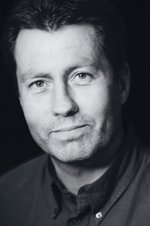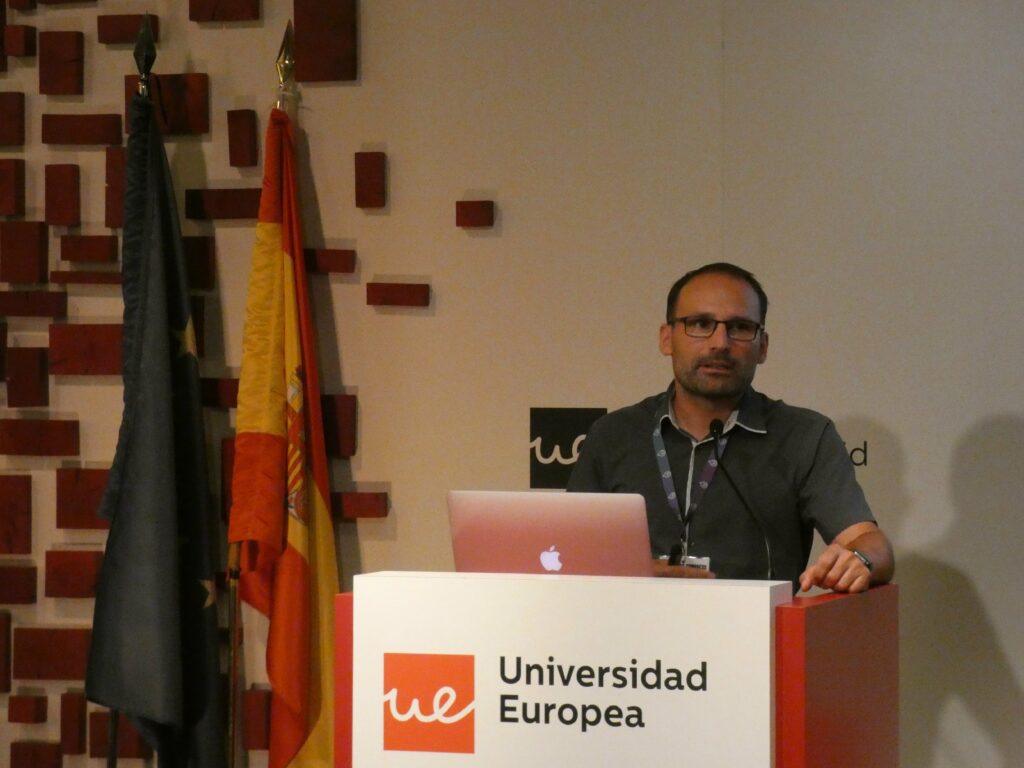KEYNOTE SPEAKERS
Heather Dichter (De Montfort University, UK)
A New Sport and Politics: The Close Relationship Between International Sport Leaders and Diplomats
Although longtime International Olympic Committee President Avery Brundage and other international sporting leaders publicly insisted on the separation of sport and politics, these same men frequently met with their countries’ diplomats. Through mutual coordination, sporting representatives and government diplomats shared valuable information about countries on the other side of the Iron Curtain and all around the world. Government officials used the information they received from sporting representatives in their diplomatic endeavors, shaping how their foreign service officers engaged with diplomats in their capitals and abroad. Foreign ministries also tried to ensure that sporting representatives factored their official government positions into the courses of action taken within international sport. While these relationships have been considered in terms of national sport politics, their reach goes far beyond a domestic audience. Bringing together files from sport organizations and their representatives with foreign ministry and government records provides new insight into not only international sport and diplomacy during the decades of the Cold War but also how their practitioners engaged with and influenced one another.
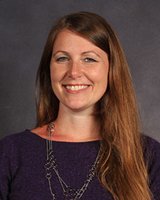
Pierre-Olaf Schut (Paris-Est Marne-la-Vallée University)
Interaction between the Olympic spirit and the host city: The example of Paris
The Olympic phenomenon is the expression of the globalization of sport. It moves from city to city and engulfs every continent in its specific culture. At the same time, it is entrusted to and appropriated by every city which hosts it and writes its history. This interaction between the Olympic spirit and the territory of the host city is at the heart of the research. The aim is to bring to light the trace left by the Olympics in the host cities and how the cities themselves mark the Olympic movement. What was there in common between the Olympics and Paris in 1900 ,1924, 2024 ? Answering this question also sheds light on the concept of legacy, which is central in the discourse of the International Olympic Committee nowadays. The material dimensions of this legacy as well as the less tangible ones will be addressed, but most of all this legacy will not be viewed as unidirectional. Namely, the presentation will show that not only does the Olympic spirit leave a mark on the territory, but the host city itself also marks the Olympic movement. The results of this work highlight the material elements, especially at the level of sports equipment. But they also address political issues in terms of support of the sports movement and other intangible issues. Rarely discussed in the literature, this research mirrors the effects of the territory on the Olympic spirit and characterizes the French and Parisian influence on the sports movement.
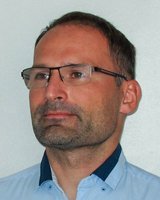
Patricia Vertinsky (University of British Columbia, Canada)
Birmingham, Berkeley and the transition generation: Milestones in the historical development of academic physical education
When A.D.Munrow set out to persuade the UK’s University of Birmingham that physical education was an academic subject worthy of study in 1939, a war time scenario, conservative forces across campus and a physical education profession disunited by gender presented a variety of barriers. Yet in other respects it was an opportune moment for Munrow to forge a unique Department of Physical Education which welcomed scientific enquiry and new approaches to the training of sports skills and techniques while guarding against a cleavage between the sciences and the humanities. His approach differed in emphasis from that of Franklin Henry at the University of California, Berkeley, most especially in his determination to sustain a focus upon the arts as well as the sciences. Sports, he insisted, stand between the poets and the scientists, and he sustained that view on the international stage of physical education as well as in his sensitivity to gender issues. By contrast, Henry’s well known demand in 1964 for higher education to approach physical education from an academic perspective called for a body of knowledge with a significant focus upon science, technology and the testing of physical fitness. It impelled an ongoing debate during the 1960s and 70sthat affected approaches to academic physical education on both sides of the Atlantic, and lead inexorably to an elevation of the sciences over the humanities and the laboratory over the gymnasium.
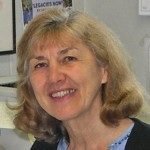
Hans Bonde (University of Copenhagen)
World Famous Health Apostle I.P. Muller and the Bodily Breakthrough of Modernity
In 1904, the Danish elite sportsman and gymnastics pedagogue, J.P. Müller initiates the first worldwide fitness wave with his book on home gymnastics ‘My System’, which subsequently is published in 26 languages in 1 ½ million copies. In German-speaking cultural circles, the verb “zu müllern” is included in the language and in the UK ‘My System’ becomes the most successful book in early 20th century physical culture. In 1912, Müller starts a successful health clinic in the fashionable street for the medical professions, Dover Street, London, and changes his name from Müller to Muller. The main questions addressed in this paper are: 1) Have I.P. Muller had a previously overlooked role in the breakthrough phase of modern society with regard to a revolt against Victorianism in the form of the cultivation of nudity, outdoor life and deep breathing? 2) Have I.P. Muller had a previously overlooked role in the history of sexology, not least in the form of his bestseller from 1908 ‘Sexual Morals and Happiness’. The presentation will show that sporting history is much more intertwined with the breakthrough of modern society and the development of sexology than previously assumed. Main sources are I.P. Muller’s private archive in the Danish Royal Library, his many publications and 10,000 newspaper articles from different continents.
